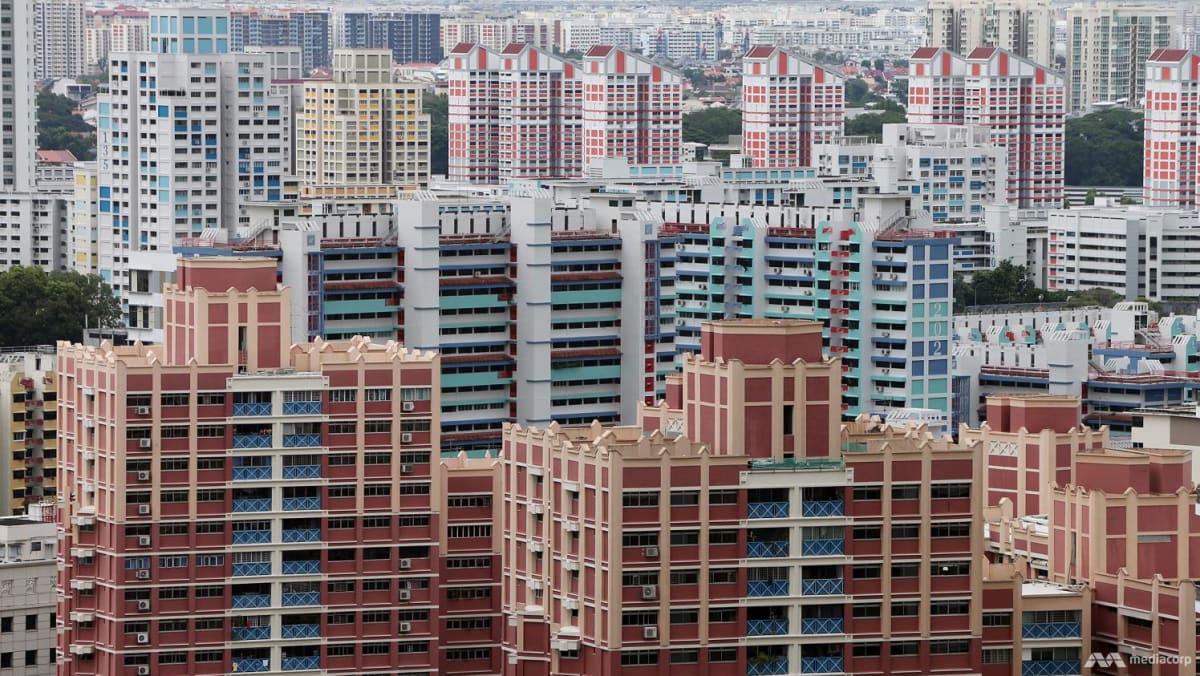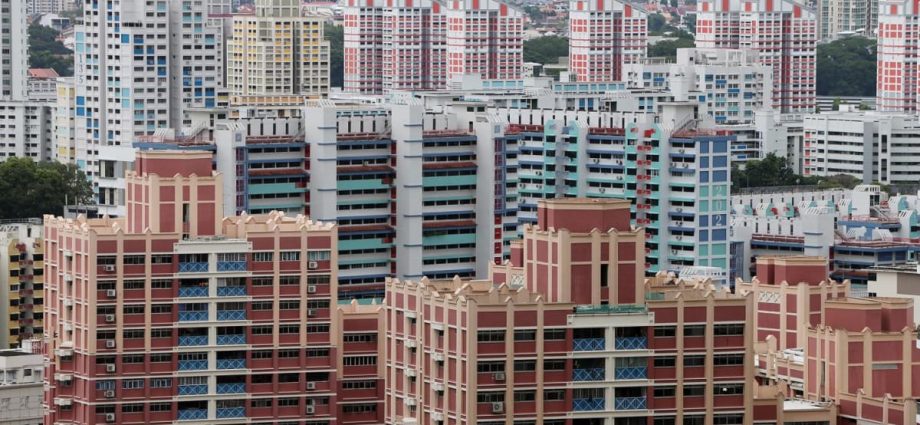
THE OPPOSITE EFFECT
In fact, the opposite might happen: The extra grants are likely to result in resale flat prices going up.
In a market that is already tight in terms of supply, where buyers exceed sellers, flat sellers would naturally hold tight to their asking prices or even raise their ask knowing that prospective buyers have been given additional funds. Therefore, the larger grants could lead to higher resale prices, ultimately pricing out the very people the grants intended to help.
For prospective buyers going into the resale market today, there is also the concern that they may be taking something out of their future retirement finances.
Amidst high interest rates, high resale prices, high inflation and economic uncertainty, buyers will do well to carefully consider their finances and project their financial needs well into their retirement years before making a decision and taking advantage of the grant.
Considering the impact at a macro level, the provision of housing grants needs to be accompanied by other measures, such as a rapid and substantial increase in new BTO housing supply.
HDB has already ramped up supply of BTO flats by 35 per cent in 2022. My estimate is that supply would have to be increased by another 8,000 to 10,000 units to release the pressure for the next few years. Otherwise, the grants may exacerbate resale flat shortages and lead to further price increases.
Furthermore, if these grants were taken up by significantly large number of buyers in the next few years, the strain on government budgets could mean that taxpayers may be asked to shoulder additional pain.
Ku Swee Yong is a property consultant and director of International Property Advisor Pte Ltd.

